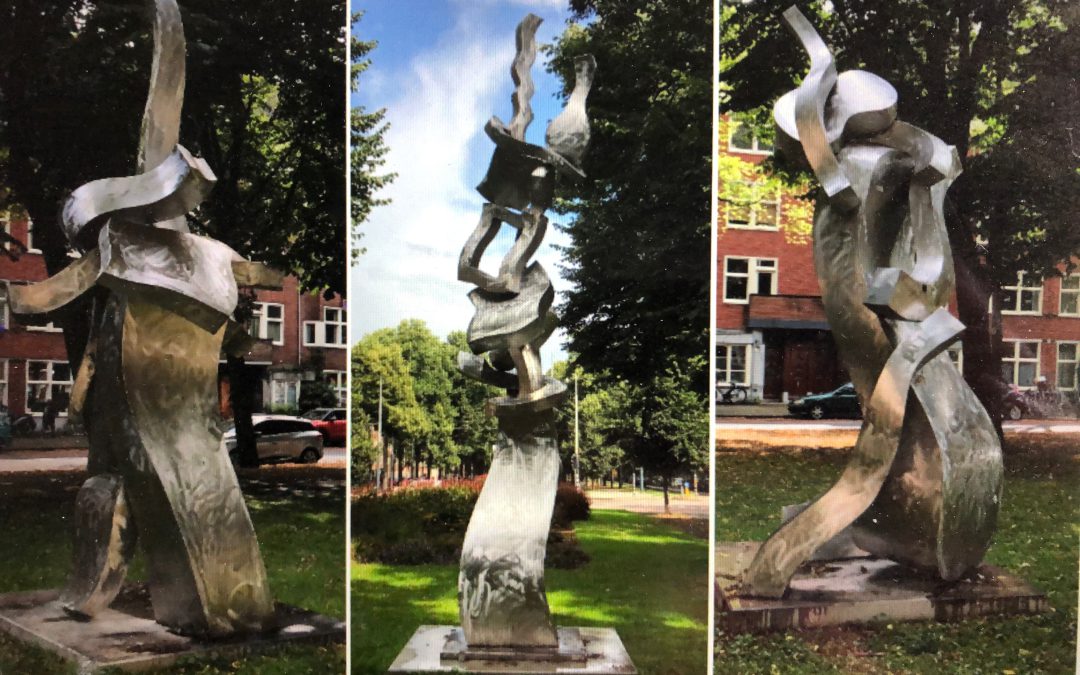
ArtZuid – Which one of the three?
Hans van de Bovenkamp – vlnr Spire 2008, Menhir Tower 2010, Ode to Mingus 2006
There used to be a Dutch television program, called: ’Which one of the three’. This program was about a son or daughter, and 3 mothers or fathers. Through the questions to the 3 mothers or fathers and the answer of the son or daughter, you had to guess which one of the three was the real parent. In my blog I make the reference to this program, as I saw three similar sculptures, which reminded me as well of the story of the three trees. Each tree deals with loss in their own individual way. How do you deal with your loss?
This is the story.
There were once three trees, who got badly damaged in a heavy storm and all of them lost a big branch. Each one of the trees dealt differently with the loss of the branch. Years later I searched for the trees again and yesterday I found them and spoke to them.
The first tree was still grieving over the loss of his branch and every time the sun invited him to grow, he said: ‘No, I can’t as I am missing an important branch.’ I noticed that the tree had remained small and was standing in the shadow of other trees. The sun couldn’t reach him anymore. The scar was clearly visible and looked sore. It was the highest point of the tree and he hadn’t grown further.
The second tree was so shocked by the pain that he quickly decided to forget all about the loss. It was difficult to find the tree as he was laying on the ground. A spring storm had blown him over, his roots were not deep and strong enough, he had lost his grip on the earth. The place where the lost branch used to be was difficult to find. It was hidden at the back of the fallen tree.
The third tree was also shocked by the pain and the emptiness in his bark and he mourned for his loss. The first time the sun invited him to grow, he said: ‘Not yet’. After a few invitations from the sun, he finally said:’ Yes sun, warm me so my wound can heat up, so I know that the branch is still part of me. After a while, when the sun came back again, the tree said: ‘Yes, sun, warm my scar and let me grow as well. I know there is so much to grow for. The third tree was also difficult to find, as I hadn’t expected it to be standing so strong. Luckily I recognized him by the scar, that was standing proudly in the sunlight.
This story of the three trees tells us how somebody can deal with their grief and loss. Do you recognize something of yourself in one of these three trees? If you would like to talk about it or need support, don’t hesitate to contact me.
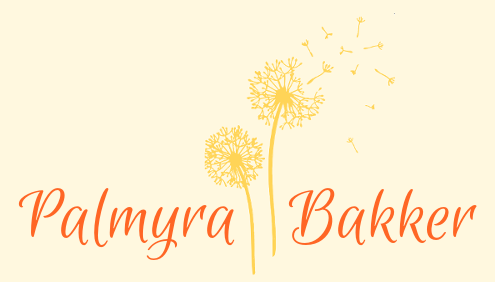
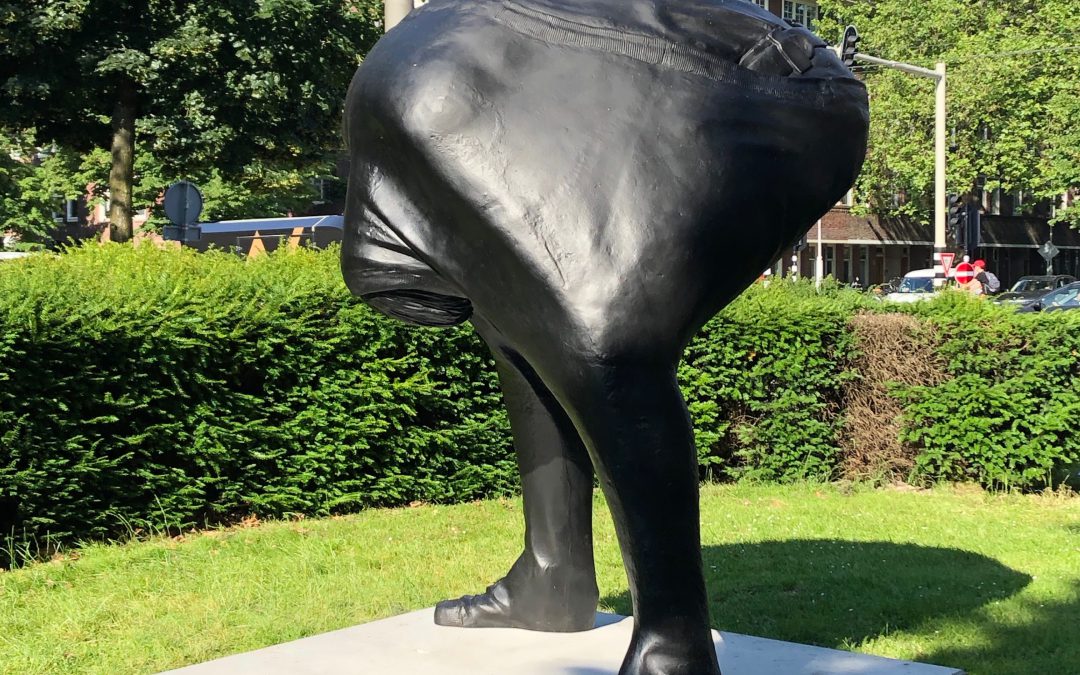
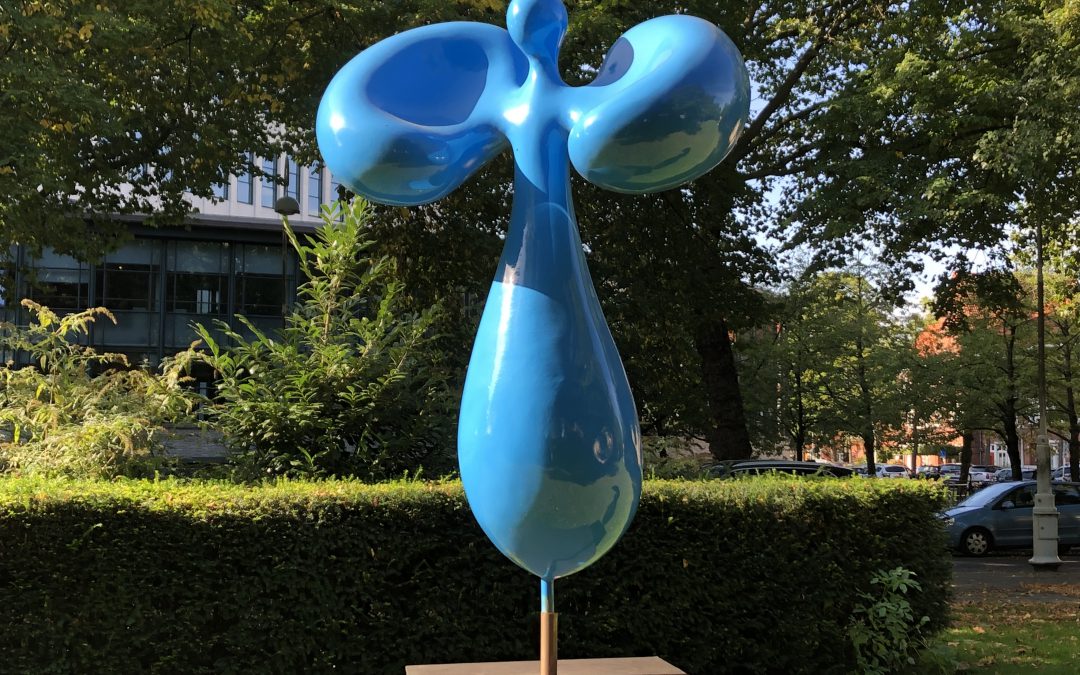
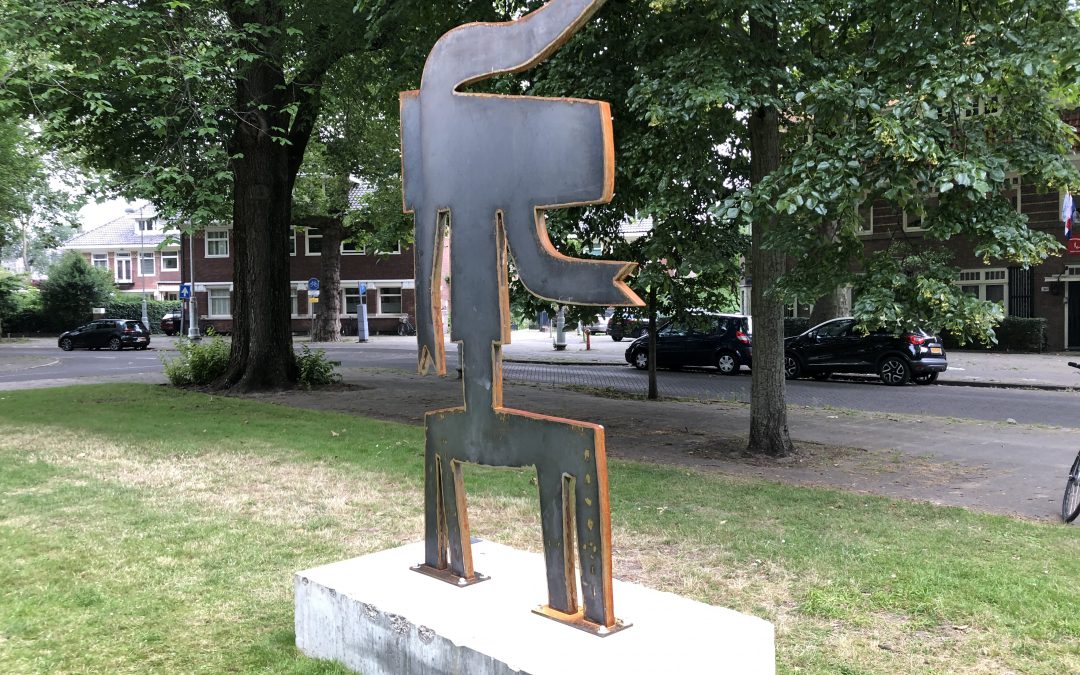
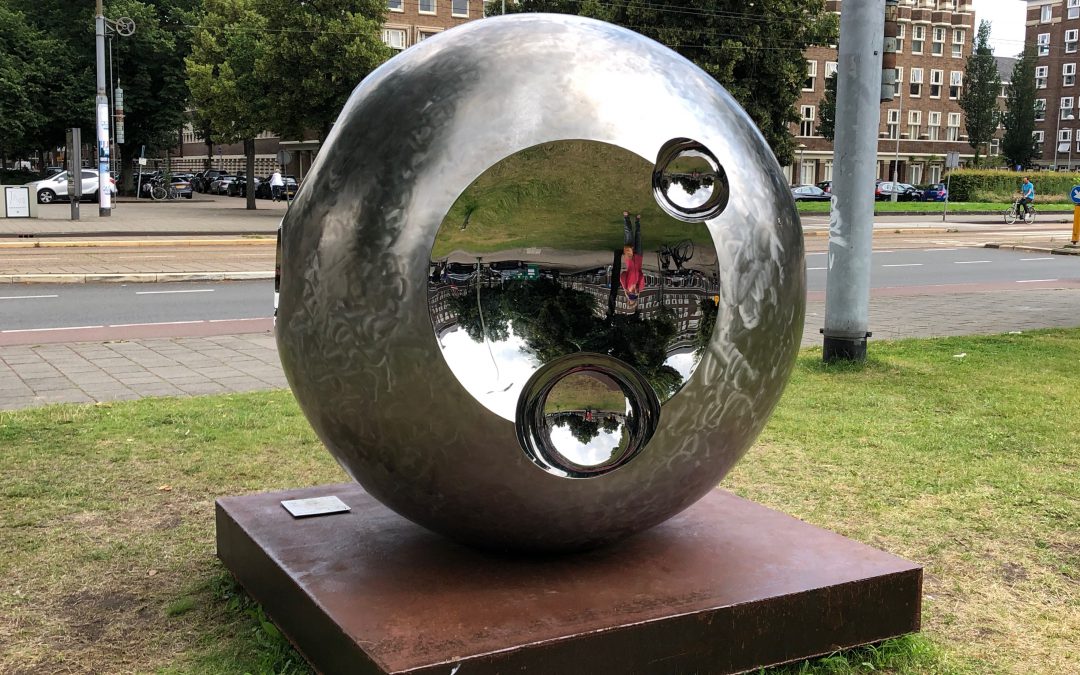
Recent Comments